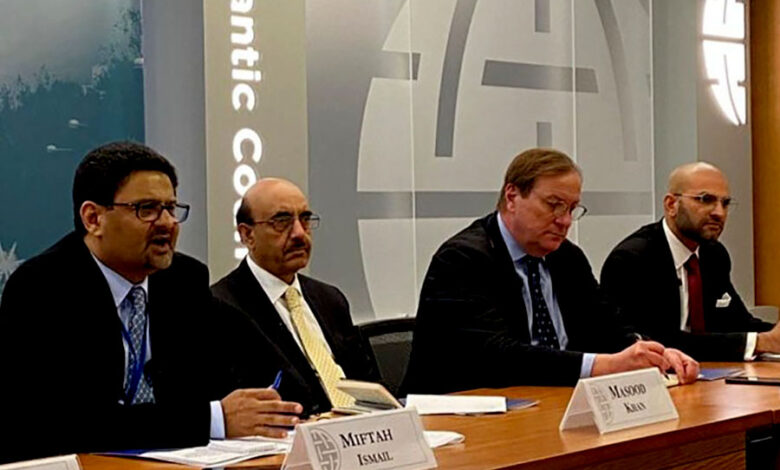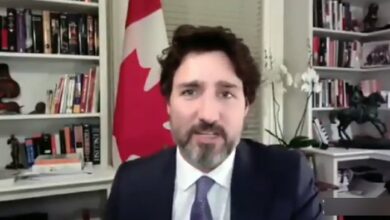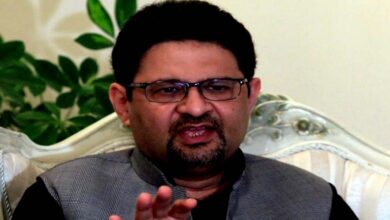Miftah asserts that the government is prepared to reduce gasoline subsidies.

Finance Minister Miftah Ismail agreed on Friday to the International Monetary Fund’s (IMF) advice to cut gasoline subsidies and phase out a company tax amnesty programme, vowing to undertake structural changes to bolster the country’s crisis-stricken economy.
The IMF authorised a $6 billion three-year loan to Pakistan in 2019, but delivery has been delayed due to worries about the speed of reforms.
Ismail, who entered office this month after the defeat of Imran Khan’s administration in a no-confidence vote, said he had “constructive conversations” with the IMF during a visit to Washington during the lender’s annual spring meetings.
“They’ve discussed eliminating the gasoline subsidy. I concur,” Ismail, a former IMF economist, told the Atlantic Council.
“We cannot afford the subsidies we are providing. As a result, we’re going to have to rein in this,” he said.
Earlier this month, the finance minister told Dawn that he was hopeful for an early agreement with the IMF on the seventh review of Pakistan’s bailout programme.
He said that throughout his Washington discussions, he reaffirmed the current administration’s commitment to the reform process.
Dr Ayesha Ghous Pasha, Minister of State, the finance secretary, and the governor of the State Bank also attended the meeting with IMF directors. Additionally, the minister and his staff met with Jihad Azour, the IMF’s Middle East and Central Asia department’s chief.
The coalition government led by the PML-N, which had harshly criticised the previous Imran government for failing to control fuel prices in the country and later for “derailing” the IMF programme through fuel subsidies, has yet to reverse the measure, despite Prime Minister Shehbaz Sharif rejecting the Oil and Gas Regulatory Authority’s (Ogra) proposal for a petrol price hike last week.
Ismail said that former Prime Minister Imran Khan built a “trap” for his successors by imposing large subsidies on gasoline and electricity, as well as a tax amnesty for companies – actions that jeopardised an IMF loan payment.
“He granted amnesty to firms for establishing factories in order to avoid paying taxes, or even if they avoided taxes,” Ismail told reporters at an embassy-hosted event in Washington.
However, Ismail emphasised that certain targeted subsidies should be maintained for the country’s poorest citizens in the face of skyrocketing worldwide costs.
Prime Minister Shehbaz Sharif has pledged to resurrect a dormant economy, which is set to be a prominent topic in next year’s elections.
Pakistan has often requested foreign assistance and has a chronically underdeveloped tax base.
Ismail said that the nation needs to transition to a new economic model via the removal of barriers and promotion of exports to the rest of the globe.
“We have such an elite-benefiting society that practically every subsidy imaginable benefits the wealthiest individuals,” he said.
Ismail said that his immediate objective was to get double-digit inflation under control — a task made more difficult by the elimination of fuel subsidies — and to jump-start job creation.
He denied Pakistan was in risk of defaulting on its loans, despite the fact that the country’s foreign reserves now stand at $10 billion and the majority of its bilateral debt is held by friendly nations like as China, Saudi Arabia, and the United Arab Emirates.
Shehbaz has little over a year before he is required to call a general election, prompting many to question if toppling Imran would backfire, given that his administration inherited an economic problem that will take years to resolve.
However, Ismail said that there is “never a bad moment to do the right thing.”
“If what we say is accurate and we are in fact more capable, we should be able to make a difference in a matter of months.” And if we do not, we will be ejected by the populace, which is perfectly OK.”





